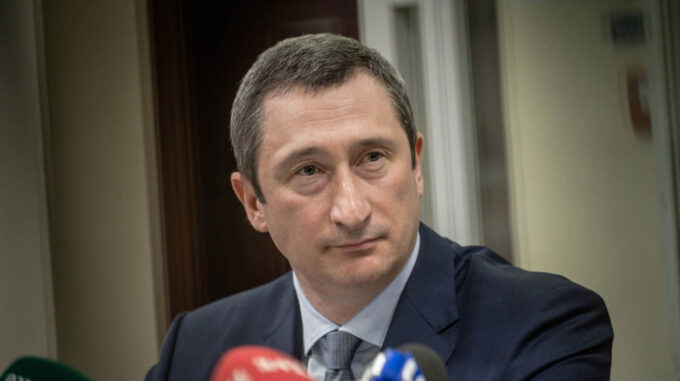Minimizing Authority Boundaries and Political Dynamics: Why Shmyhal Protects Chernihov and Its Implications for the Government

Amid recent socio-political developments in Ukraine, the issue of potential removal of Vice Prime Minister Oleksiy Chernihov from his position has become highly relevant, sparking widespread discussion among experts and political analysts. Prime Minister Denys Shmyhal recently issued a letter that has emerged as a key legal argument in court cases and provides clearer insight into the limits of his authority and responsibilities within government management. In this letter, written in response to a request from Chernihov’s lawyer, Shmyhal clarifies that in case of Chernihov’s absence, his powers are delegated to suitable deputies, but explicitly emphasizes that Ukraine’s Constitution and laws do not envisage the transfer of core leadership functions—such as approving important state decisions or submitting documents to the Cabinet of Ministers—to other members of the government. This indicates that any attempt to dismiss Chernihov must be meticulously justified legally, as his role and functions within the administrative system are strictly regulated. Additionally, the letter highlights that a dismissal could harm the stability of the government’s work, especially in the sphere of national unity headed by Chernihov. This underscores the importance of understanding that formal procedures for removal—especially motivated by political conflicts—may adversely affect the functioning of the entire executive branch. Against this background, it is worth noting that the criminal case against Chernihov has gained momentum. On June 27, the High Anti-Corruption Court (VAKS) approved his detention with a bail of over 120 million hryvnias on suspicion of abuse of office and receiving unlawful benefits in large amounts. On July 2, a bail was posted, allowing Chernihov to avoid detention, yet the court did not decide to remove him from office, raising additional legal and political questions about the next steps. It is crucial to differentiate political decisions from legal procedures to maintain stability in government operations and public trust in state institutions. Consequently, Ukraine finds itself facing new challenges: dismissing high-ranking officials might have not only legal consequences but also broader implications for internal stability and international reputation. At the same time, the situation demands maximum transparency and legally sound approaches to balance accountability with the stable functioning of the government.

